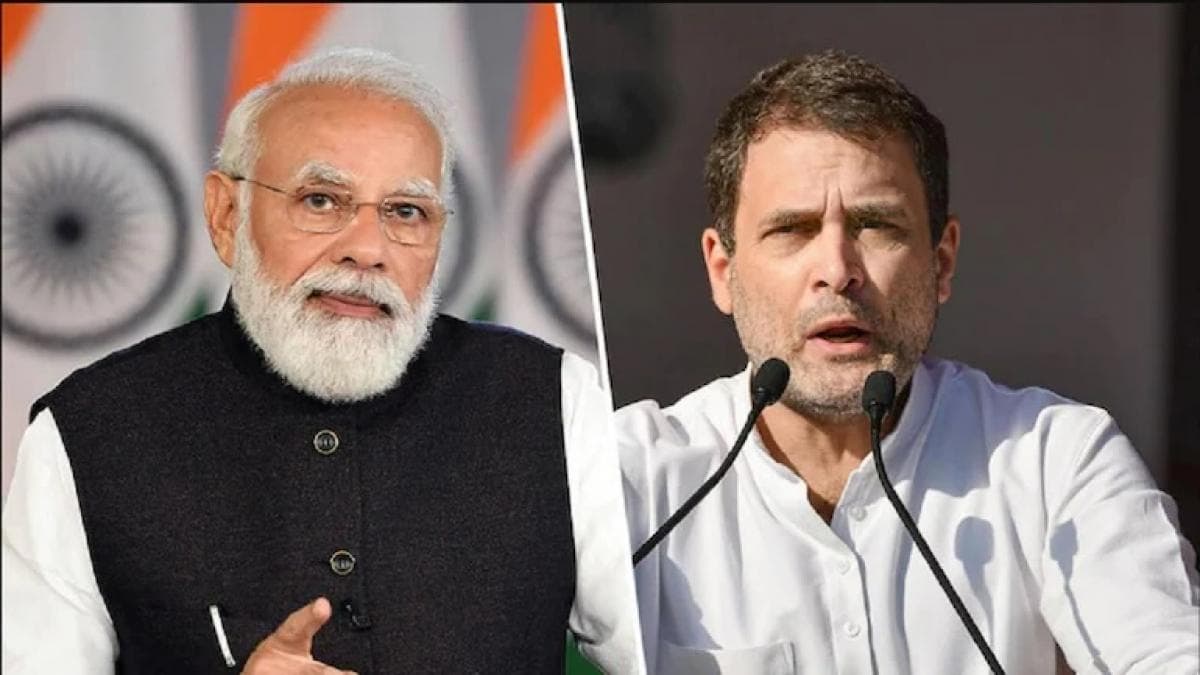
Lokpal Dismisses Complaint Against PM Modi Over Speech on Congress
Decision Sparks Debate on Boundaries of Political Rhetoric and Oversight Roles
The Lokpal, India's apex anti-corruption ombudsman, has dismissed a complaint against Prime Minister Narendra Modi concerning a speech in which he accused the Congress party of accepting black money from industrialists Mukesh Ambani and Gautam Adani.
The decision, announced on Friday, has sparked discussions about the boundaries of political rhetoric and the role of oversight institutions in addressing such allegations.
The complaint was filed by a group of opposition leaders and civil society members following PM Modi's speech at a political rally earlier this year.
In his address, Modi alleged that the Congress party had received substantial sums of unaccounted money from Ambani and Adani, two of India’s most prominent businessmen. The accusations, made during an election campaign, were seen as a serious charge against the opposition party.
The Lokpal, after conducting a preliminary review, decided to dismiss the complaint on the grounds that the statements made by the Prime Minister fell within the ambit of political speech. In its detailed order, the Lokpal emphasised the following points:
Freedom of Speech: The Lokpal underlined that political leaders are entitled to a wide latitude in their speech, particularly during election campaigns. It stressed that the allegations, while serious, were part of the political discourse and did not constitute a direct abuse of power or corruption.
Lack of Substantive Evidence: The complaint did not provide concrete evidence to substantiate the claims that PM Modi's speech was based on factual inaccuracies or that it had a corrupt intent. The Lokpal noted that political allegations, unless backed by irrefutable proof, do not warrant a formal investigation.
Context of the Speech: The Lokpal took into account the context in which the statements were made. It recognised the heightened rhetoric typical of election periods and the fact that political speeches often include sharp criticisms and accusations.
The Bharatiya Janata Party (BJP) welcomed the Lokpal’s decision, stating that it reaffirmed the right of political leaders to speak freely and criticise their opponents. The Congress party, on the other hand, expressed disappointment with the Lokpal’s decision.
Civil society groups and anti-corruption activists have had mixed reactions to the Lokpal’s dismissal of the complaint. Some argue that the decision sets a precedent that could embolden political figures to make unsubstantiated claims without fear of repercussions.
Others believe that the Lokpal acted within its mandate by focusing on actionable evidence and not political rhetoric.
The Lokpal’s dismissal of the complaint against PM Modi underscores the complex interplay between freedom of speech and accountability in political discourse.
While it reinforces the principle that political leaders can engage in robust debate, it also highlights the challenges in addressing allegations made in the heat of electoral contests.
As India moves forward, the balance between allowing free expression and ensuring accountability will continue to be a topic of significant importance in its democratic process.
For any enquiries or information, contact ask@tlr.ae or call us on +971 52 644 3004. Follow The Law Reporters on WhatsApp Channels.